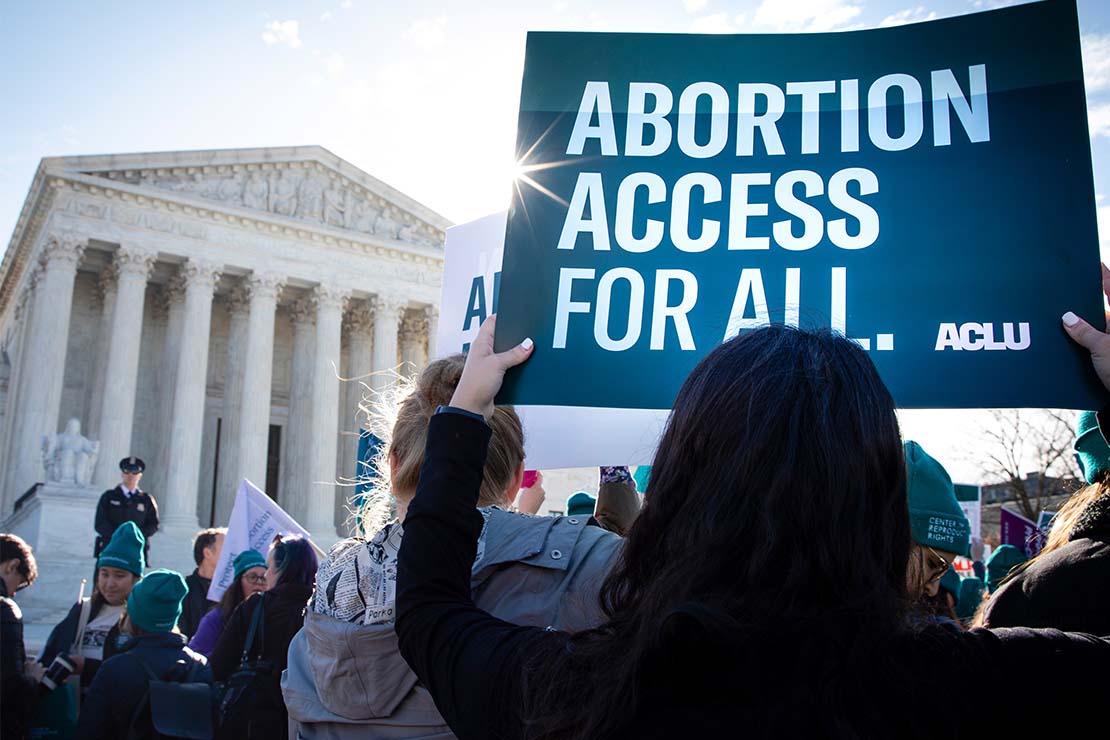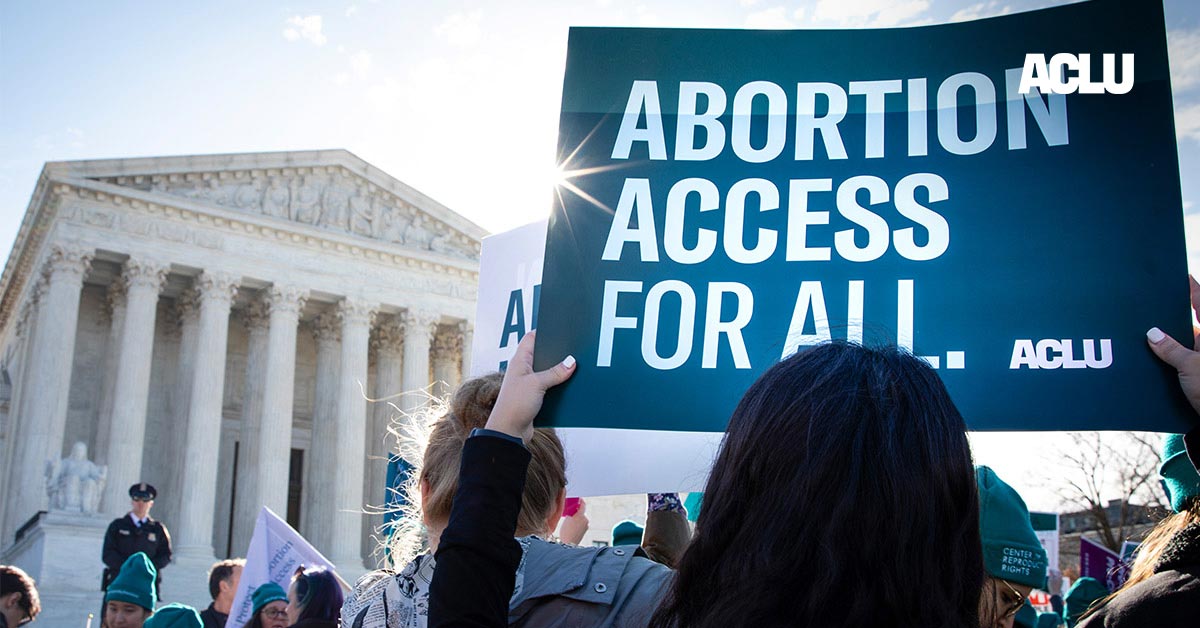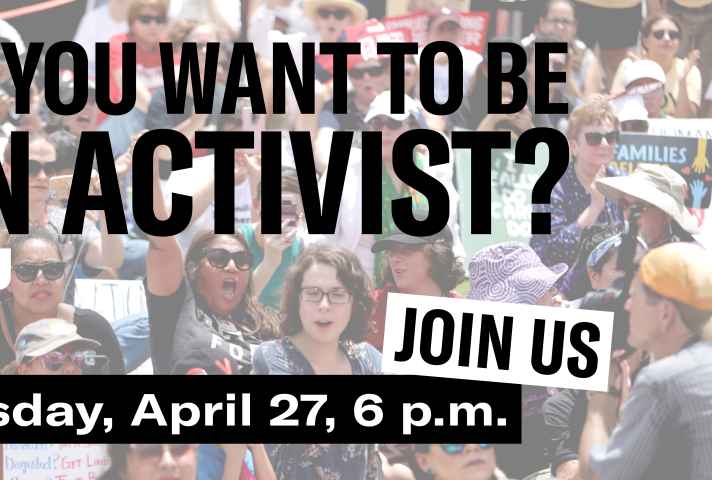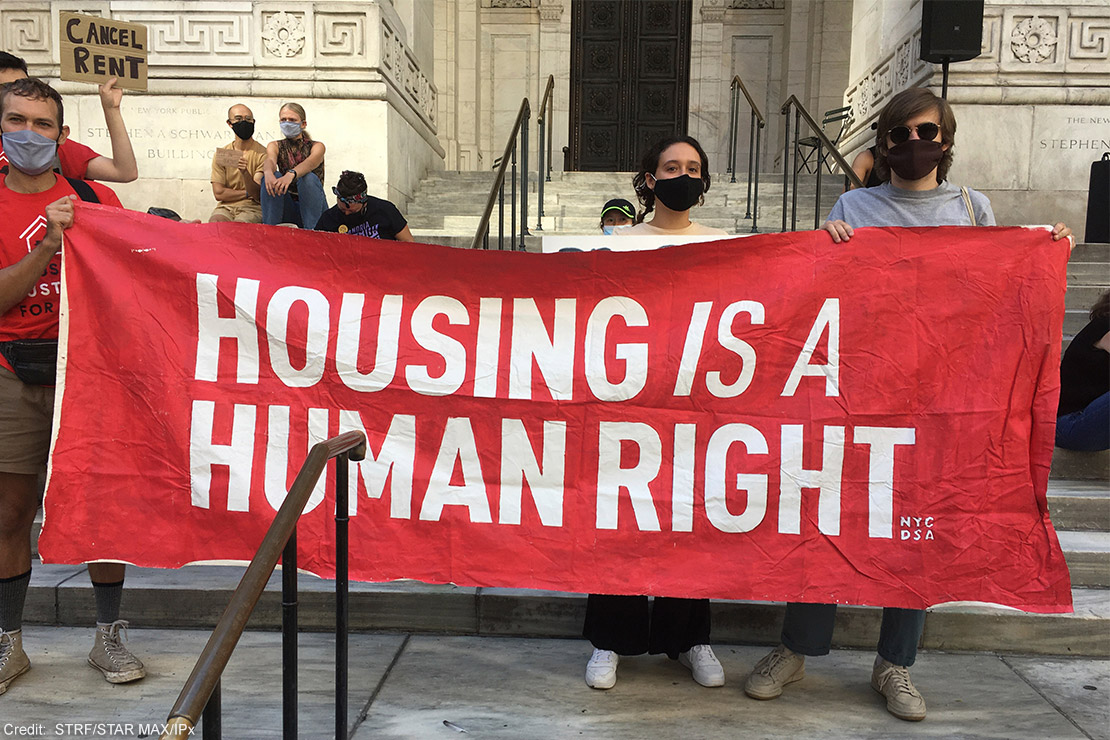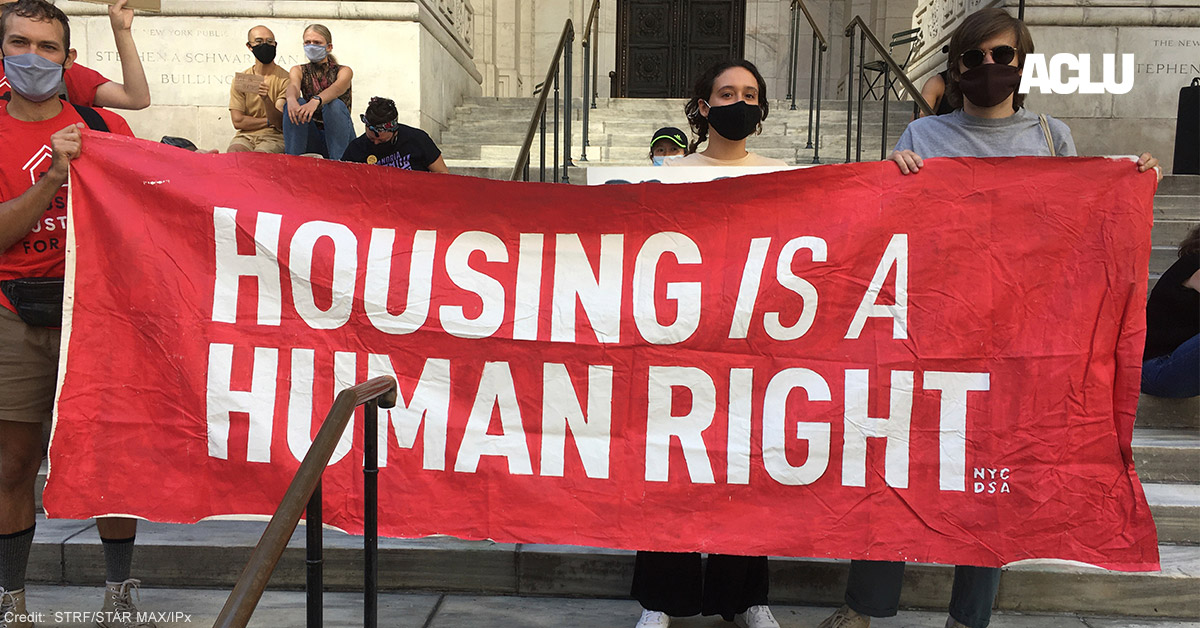In its first decision on abortion since Justice Barrett’s confirmation, the Supreme Court granted the Trump administration’s request to reinstate a harmful FDA requirement that forces patients to risk unnecessary COVID-19 exposure as a condition of accessing mifepristone, a safe and effective medication used to end early pregnancies and treat early miscarriages. As a result, even as COVID-19 infection and death rates soar across the nation, patients are again required to travel in person to a health center for no medical reason — just to pick up a pill and sign a form.
Since the summer, this harmful requirement had been blocked by a federal court — meaning that for months, eligible patients were able to receive their medication by mail without making an unnecessary in-person trip. And health care professionals were able to safely provide quality care to their patients during the pandemic, as they do with other medications. As one health care provider shared,
“[A] patient called who was so ill from her pregnancy that she had not slept or eaten in 5 days and said she was ‘going out of her mind.’ Due to our reduced capacity for in-person visits during the pandemic, the first available in-person medication abortion appointment was not for another 5 days. In addition, coming to the health center for her appointment would have been very risky for this patient: she had significant risk factors for severe disease from COVID-19. … She told me she was so afraid of contracting COVID- 19 that she had quit her job … to avoid viral exposure and had been isolating at home ever since. She was thrilled to learn of the delivery option. She was extremely grateful that she could have her telehealth visit on that same day, have her medication sent for delivery the next day instead of having to wait to come in person, and avoid the risk of exposure to the coronavirus as she traveled to our clinic to pick up the medication.”
Now, all of that is over.
With the court’s ruling, the Trump administration is once again free to subject patients seeking abortion and miscarriage care to a one-size-fits-all travel mandate that exposes them and their families to needless viral risk — even though similar in-person requirements have been suspended for other far less safe medications, like opioids, during the public health emergency. Despite the clear scientific and public health consensus that unnecessary in-person visits for medical care should be avoided during the pandemic, the administration has ignored repeated calls by leading medical and public health authorities to do the same for mifepristone — which has an excellent 20 year safety record — endangering patients in service of its anti-abortion agenda.
As the U.S. approaches 400,000 COVID deaths, this is nothing short of unconscionable. And the Supreme Court’s ruling is particularly dangerous for people of color and people with low incomes, who have always been most harmed by burdensome restrictions on medication abortion, and who are now suffering severe complications and dying from COVID-19 at disproportionately high rates. For those who rely on public transportation or help from others to travel, as many people with low incomes do, making an in-person trip is particularly risky. There is no excuse for such government-mandated harm.
Luckily, the Biden-Harris administration can quickly reverse this dangerous course.
The new administration should immediately suspend enforcement of the in-person requirement for the duration of the pandemic, consistent with the government’s approach to other medications. President-elect Biden has pledged that his administration will follow the science in its response to COVID-19, and this is a critical part of that commitment. Abortion is essential, time-sensitive health care, and no one should have to risk needless exposure to a life-threatening virus to access it.
In addition, the FDA should conduct a comprehensive review of all current restrictions on mifepristone. The in-person requirement is part of a package of outdated, medically unnecessary restrictions on this safe, effective medication that is long overdue for an FDA review. Well before the pandemic, leading medical authorities were already calling for permanently lifting these restrictions because they have no medical basis and provide no benefit to patients — all they do is create barriers to care. It is time the FDA listen to those experts and re-evaluate the restrictions on mifepristone so that patients’ access to safe medication abortion is always based on the latest evidence.
The Supreme Court’s latest decision is cruel and indefensible — but, fortunately, fixable. Now it’s up to the Biden-Harris administration to ensure that science, not politics, determines patient access to this time-sensitive, essential care — both during the COVID-19 public health emergency and beyond.
Date
Thursday, January 14, 2021 - 1:45pmFeatured image
